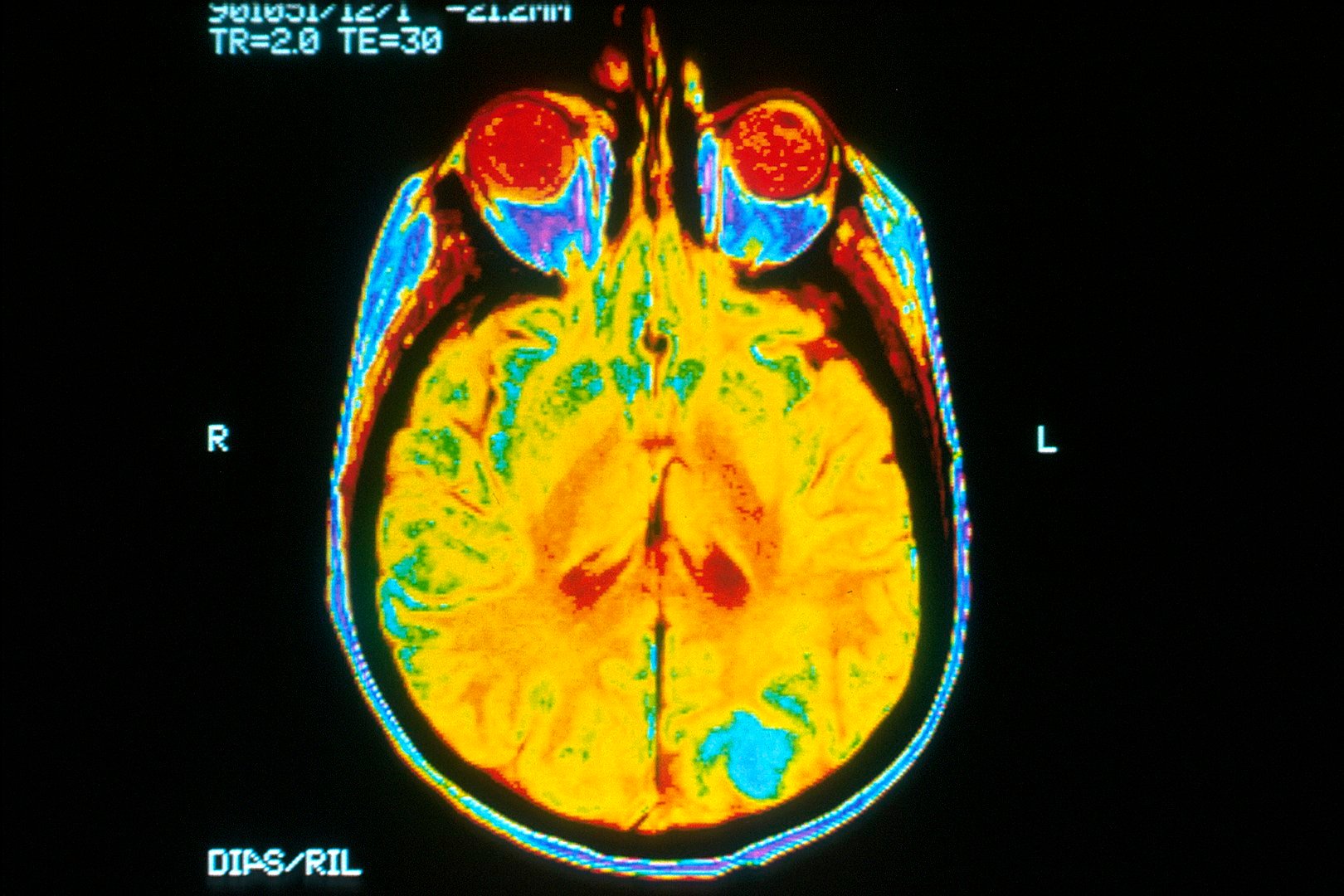Triggering original fear memories could treat phobias and PTSD
In a lab in Amsterdam, arachnophobes have volunteered to encounter their eight-legged nemeses to help researchers hoping to conjure and obliterate fear memories. These studies, as well as new understanding of overlooked brain regions, are revealing how fears linked to PTSD or phobias work, and how they may be treated. In upcoming clinical trials, Professor … Read more






